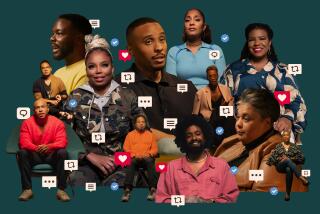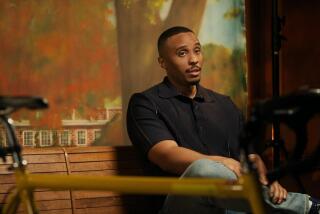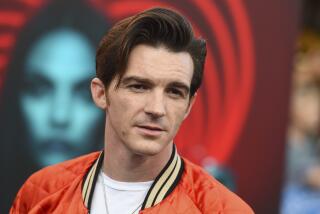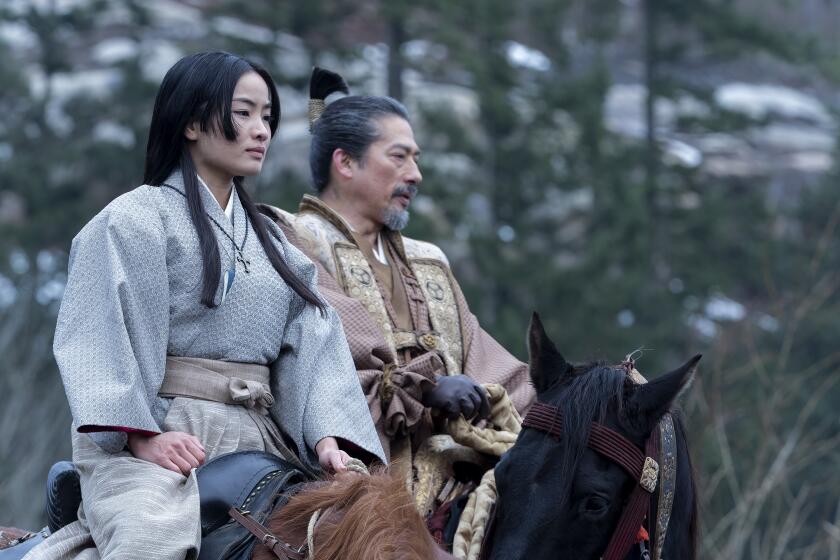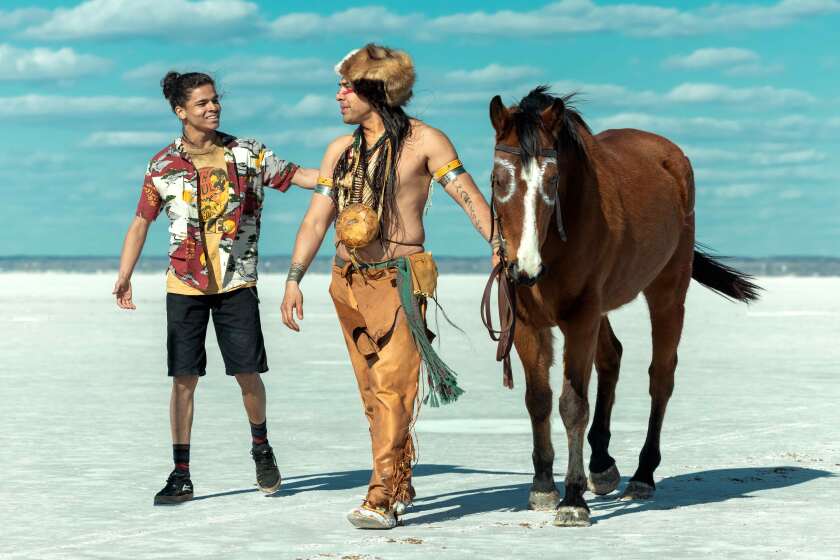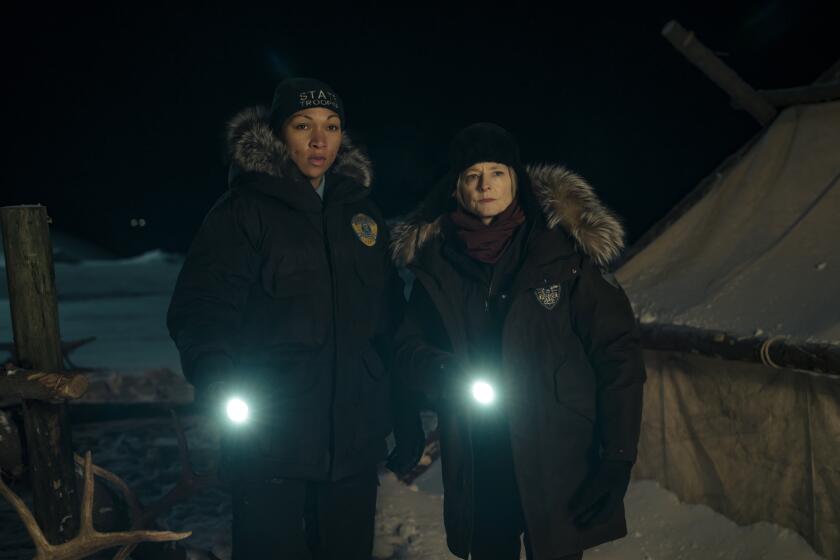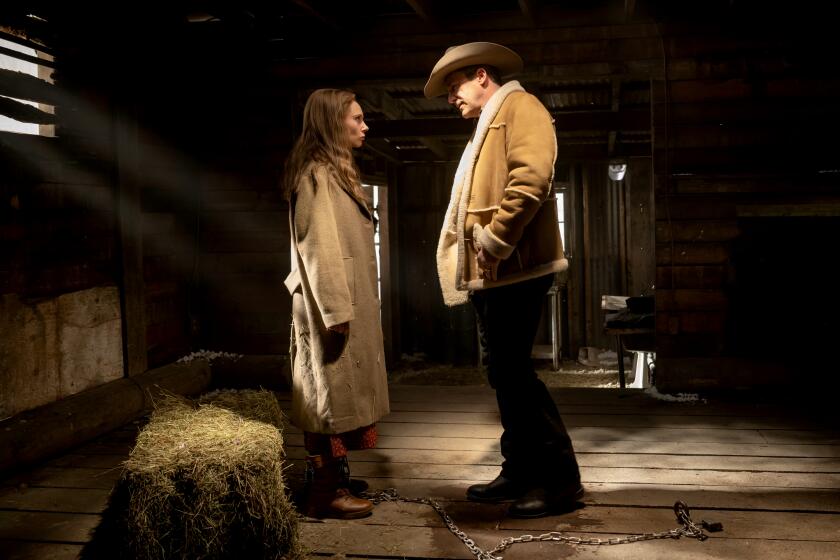How Prentice Penny docuseries charts the good, the bad and the ugly of Black Twitter
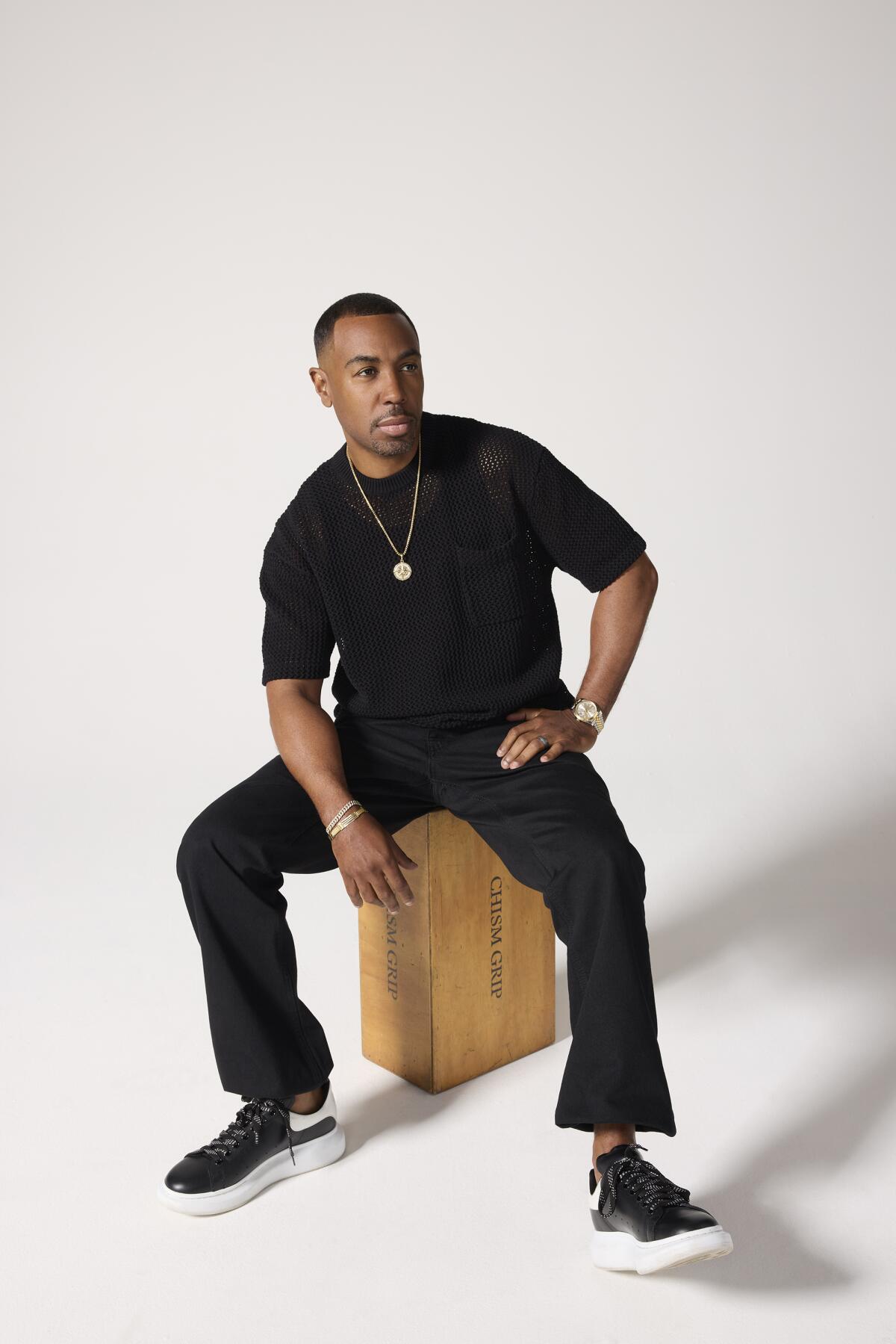
You’ve probably heard or read these phrases somewhere: “Oscars So White,” “Me Too,” “Say Her Name,” “Black Girl Magic,” “Black Lives Matter.” They’ve all become part of the national lexicon. What you may not know, or have forgotten, is that they originated on an area of social media that included smart, informed reactions from Black celebrities, authors, journalists and just about anyone with a voice. It was called Black Twitter.
Now that Twitter is called X and has lost its luster (plus many of its users), former “Insecure” showrunner Prentice Penny and Wired writer Jason Parham have teamed up as executive producers to document those times in Hulu’s three-part docuseries “Black Twitter: A People’s History.” Like a time capsule of sorts, the series looks back at what it meant to those coining phrases and having discussions in 140 characters or less. For Penny, it’s the first project in a deal with Hulu’s Onyx Collective brand, and a whole new direction for him.
“It was really wanting something, a few things,” Penny says: “One, it was me wanting whatever I did next not to be compared to ‘Insecure.’ I felt I had just done something really special and kind of hit a peak of a mountain, and I didn’t want whatever I did next to actually be like, ‘Oh, well, that’s not “Insecure.”’ And I also wanted to break creatively. I’ve been doing scripted television, specifically in the half-hour space, since [2004]. So I’d been doing it at that point for 17 years. And I want to be scared again. And that’s how ‘Insecure’ made me feel. It made me feel creatively inspired again. And I wanted whatever I did next to come from that place.”
Penny cut his teeth as a writer-in-training on the UPN series “Girlfriends.” Other shows he worked on before “Insecure” include “The Hustle” and “Brooklyn Nine-Nine.” He’d also been a co-producer on “Scrubs.” At 50, he was ready to make a change.
The inspiration to switch to documentary was inspired by his idol, veteran filmmaker Spike Lee. “You know, watching him diversify his own [work], not just being a narrative filmmaker but having done documentary film, stuff like ‘When the Levees Broke’ and ‘4 Little Girls.’ It felt like a really good line of demarcation for me of one phase of my career to another. And I’m a big fan of Black Twitter. I engage in it. I love it.”

The angle of Parham’s three-part article was how much the internet changes. By the time Parham and Penny teamed up to do the docuseries, things had changed again. “He was referencing things like Vine and Friendster and spaces like that,” Penny says. “He was like, ‘This felt like the right time to document what we had done on the platform.’ And obviously, we didn’t know how prophetic it would be that while we were making it, Elon [Musk] would buy the platform and so many things would change as a result, but that’s really what was inspirational to me, to be like, ‘Yeah, we should be telling this story.’”
Among the Black Twitter regulars featured in the docuseries are actor-comedian Amanda Seales, New York Times contributor and author Roxane Gay, Emmy-winning sports journalist Jemele Hill, comedian W. Kamau Bell (“We Need to Talk About Cosby”), creative consultant April Reign (#OscarsSoWhite), TV producer Baratunde Thurston (“The Daily Show With Trevor Noah”) and vlogger Kid Fury.
Yet the series has been criticized by some on social media who say celebrities and well-known artists are not part of mainstream Black Twitter.
“When you’re marketing a doc, you’re marketing the names that people know, but that’s not all we have,” Penny says. “That was one of the things that was super important to me. Black Twitter is obviously made up of famous people, but so many things that happened in the time of Black Twitter were just people commenting on something, like CaShawn Thompson, who came up with the tag ‘Black Girl Magic.’
“If you saw her you wouldn’t know, ‘Oh, that’s the woman that started ‘Black Girl Magic.’ And she wasn’t starting it to start a hashtag. She was just responding to all the criticism that Black women were getting online about their physical appearance. She [said], ‘I don’t know what they’re talking about, but Black girls are magic,’ and that’s where it came from. So, for me, having people like that in the doc is just as important as anybody else.”
More to Read
From the Oscars to the Emmys.
Get the Envelope newsletter for exclusive awards season coverage, behind-the-scenes stories from the Envelope podcast and columnist Glenn Whipp’s must-read analysis.
You may occasionally receive promotional content from the Los Angeles Times.
